Theme: Eco-Performance
As part of the 2021 Musicological Society of Australia (WA chapter) annual conference we were pleased to host a special ‘eco-performance’ event, consisting of a keynote and an ecomusicology roundtable, and a paper presentation. The keynote and roundtable are available to watch on this page.
Hosted by the Western Australian Academy of Performing Arts, Edith Cowan University, Wednesday 24th November, 2021, 9am (WST)
Keynote: Ecomusicology and aesthetics of Noongar keniny
Environmental crisis is not just the fault of flawed science and economics, but also a disconnection between culture and nature, humans and landscapes. Indigenous language, song and dance support human connection to the environment, are key to people’s everyday wellbeing, and may be crucial to our shared future. The ARC funded project ‘Restoring on Country Performance’ seeks to sustain such traditions in WA’s southwest through innovation within an ecocentric Noongar tradition of practice, guided by Country itself. Given historical suppression of Noongar language and song, this process is also informed by knowledgeable senior Noongar, and younger Noongar who will be responsible for continuing traditions into the future. Experiencing Country through visceral experience and embodied movement creates possibilities for increased connection between people and Country.
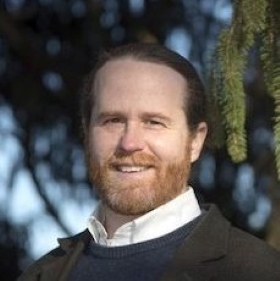
A/Prof Aaron Allen
Aaron S. Allen is director of the Environment & Sustainability Program in the Department of Geography, Environment, and Sustainability, in the College of Arts and Sciences, and an associate professor of musicology in the School of Music, in the College of Visual and Performing Arts, at UNC Greensboro. A fellow of the American Academy in Rome, he earned a Ph.D. from Harvard University with a dissertation on the nineteenth-century Italian reception of Beethoven. His BA in music and BS in ecological studies are from Tulane University.
Aaron co-founded and for five years chaired the Ecocriticism Study Group (ESG) of the American Musicological Society, and he co-founded and chaired the Ecomusicology Special Interest Group of the Society for Ethnomusicology. He is co-editor with Kevin Dawe of the collection Current Directions in Ecomusicology: Music, Culture, Nature (Routledge 2016), which was the 2018 recipient of the Ellen Koskoff Edited Volume Prize from the Society for Ethnomusicology. He is currently co-editing with Jeff Titon a volume entitled Sounds, Ecologies, Musics (Oxford).
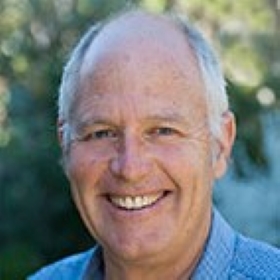
Professor Pierre Horwitz
Professor Pierre Horwitz is a Professor of Environmental Sciences in the School of Science at Edith Cowan University in Western Australia, co-Director of Edith Cowan University’s Strategic Research Centre for People, Place, & Planet (CPPP), and the Co-Editor-in-Chief for the international journal PLOS-Water. For the last 30 years his research and teaching have included an ecosystems approach to the relationships between biodiversity, culture and human health and well-being, with a particular interest in karl and gabbi in Noongar boodja.
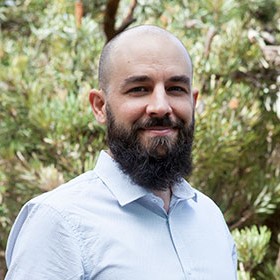
A/Prof Clint Bracknell
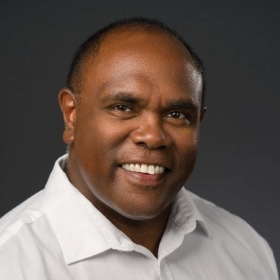
Trevor Ryan
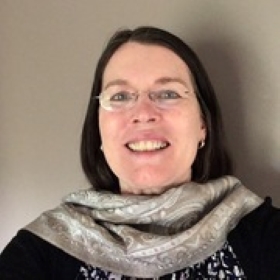
Professor Emeritus Linda Barwick
Roundtable: How can music, singers and performers effectively bridge the gap between culture and nature in Australia?
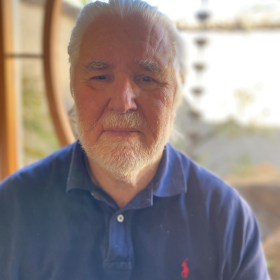
Emeritus Professor Allan Marett
Emeritus Professor Allan Marett’s main fields of research include: Australian Aboriginal song, in particular, the wangga of NW Australia; and Sino-Japanese music, including Japanese court music (gagaku) and Japanese Noh drama. His book Songs, Dreamings and Ghosts: The Wangga of North Australia won the 2006 Stanner Award, and in 2017, a seven-CD set of Wangga songs, co-authored with Linda Barwick, won the National Indigenous Music Award for Best Traditional Release. Prior to his retirement in 2007, Allan was Professor of Musicology at the University of Sydney and before that, Professor of Music at the University of Hong Kong.

Dr. Reuben Brown
Reuben presents alongside long-time collaborators: Renfred Manmurulu, singer for the Inyjalarrku (mermaid) songset of Western Arnhem Land, Rupert Manmurulu, Inyjalarrku singer and ‘bamboo man’ playing didjeridu for other singers and ceremonies across the region, Jenny Manmurulu (Renfred and Rupert’s mother) – lead dancer and Inyjalarrku leader, Isabel O’Keeffe, researcher at National Acoustic Laboratories and honorary in ethnomusicology at Sydney and Macquarie Universities, and Ruth Singer, ARC Future Fellow and linguist based at Melbourne University.
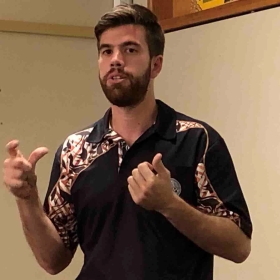
Jesse Hope-Hodgetts
Jesse Hope-Hodgetts is a singer and educator and is a descendant of the Ngiyambaa and Wiradjuri people of Western New South Wales and was born and raised on Darkinung country on the Central Coast.
Jesse is a part of the academic team at University of Newcastle – Wollotuka Institute, as an educator for Aboriginal Education, Policies and Issues, guiding undergraduate teachers in embedding Aboriginal perspectives in their curriculum and connecting with their local Aboriginal community.
Jesse is currently completing a PhD in songs and Language of Ngiyambaa and Wiradjuri speakers. He is exploring historic cultural songs and how they can inform Aboriginal song and Language revitalisation in New South Wales today.
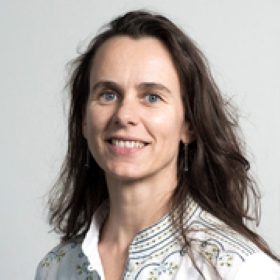
A/Prof Myfany Turpin
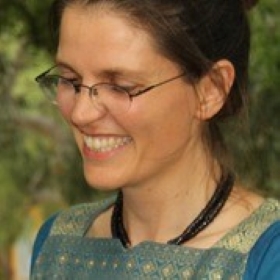
Dr. Catherine Ingram

Candace Kruger
Candace is the founder and director of the Yugambeh Youth Choir and author of Yugambeh Talga: Music Traditions of the Yugambeh People (2005). Candace’s Master’s Research Thesis ‘In the Bora Ring: Yugambeh Language and Song Project’ and doctoral study ‘Yarrabil Girrebbah Singing Indigenous language alive’ are investigations in the fields of Indigenous musicology, Indigenous studies and Anthropology. Candace’s research captures the songwoman’s work, contributes to the development of Indigenous methodologies, and demonstrates one way in which an Aboriginal community are reconstructing Aboriginal knowledge for sustainability and legacy outcomes.
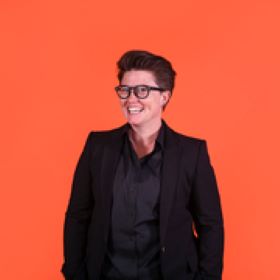
A/Prof Sally Treloyn
Sally serves on the University’s Education, Fine Arts Music and Business Human Ethics Sub-Committee, Faculty of Fine Arts and Music Inclusion and Diversity Committee, is a member of the Wilin Executive Committee, and is Graduate Convenor of Wilin’s Masters and PhD programs. Sally’s ARC Future Fellowship ‘Singing the future: Assessing the effectiveness of repatriation for the vitality of Indigenous song’ investigates the interplay of legacy recordings and cultural dynamics, particularly the role of database and content management systems in music sustainability.
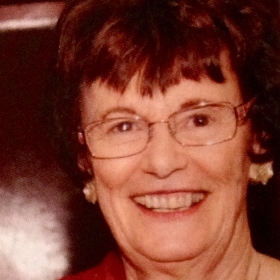
Dr. Robin Ryan
Dr Robin Ryan connects a love of music and natural environments to collaborative research with First Nations Peoples. Her MA thesis on urban Aboriginal music was followed by a PhD on Indigenous gumleaf playing. Robin’s 12 publications as an Adjunct Senior Lecturer at WAAPA, ECU include a chapter in Current Directions in Ecomusicology: Music, Culture, Nature (Routledge, 2016). In 2019, Robin was awarded the Rebecca Coyle Prize for Research of Regional Significance in the Australia-Aotearoa nexus by the International Association for the Study of Popular Music. Robin currently resides in Eden, NSW with her husband, the Yuin Elder Uncle Ossie Cruse.
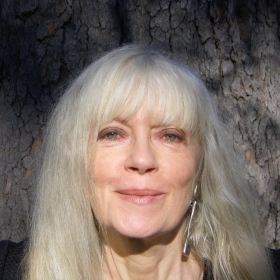
Hollis Taylor
Violinist/composer, zoömusicologist, and ornithologist Hollis Taylor is an ARC Future Fellow at the Sydney Conservatorium of Music and a member of the Sydney Environment Institute. Her previous research fellowships include the Institute for Advanced Study (Berlin), the Museum of Natural History (Paris), the University of Technology Sydney, and Macquarie University. Supported by the Australia Council for the Arts, her birdsong concerto for recorder virtuoso Genevieve Lacey has been featured with the Adelaide Symphony, the London Sinfonia, and the Melbourne Symphony. In addition to her double CD, Absolute Bird, and monograph, Is Birdsong Music?, her practice takes in sound and radiophonic arts, all celebrating the aesthetic achievements of animals.

